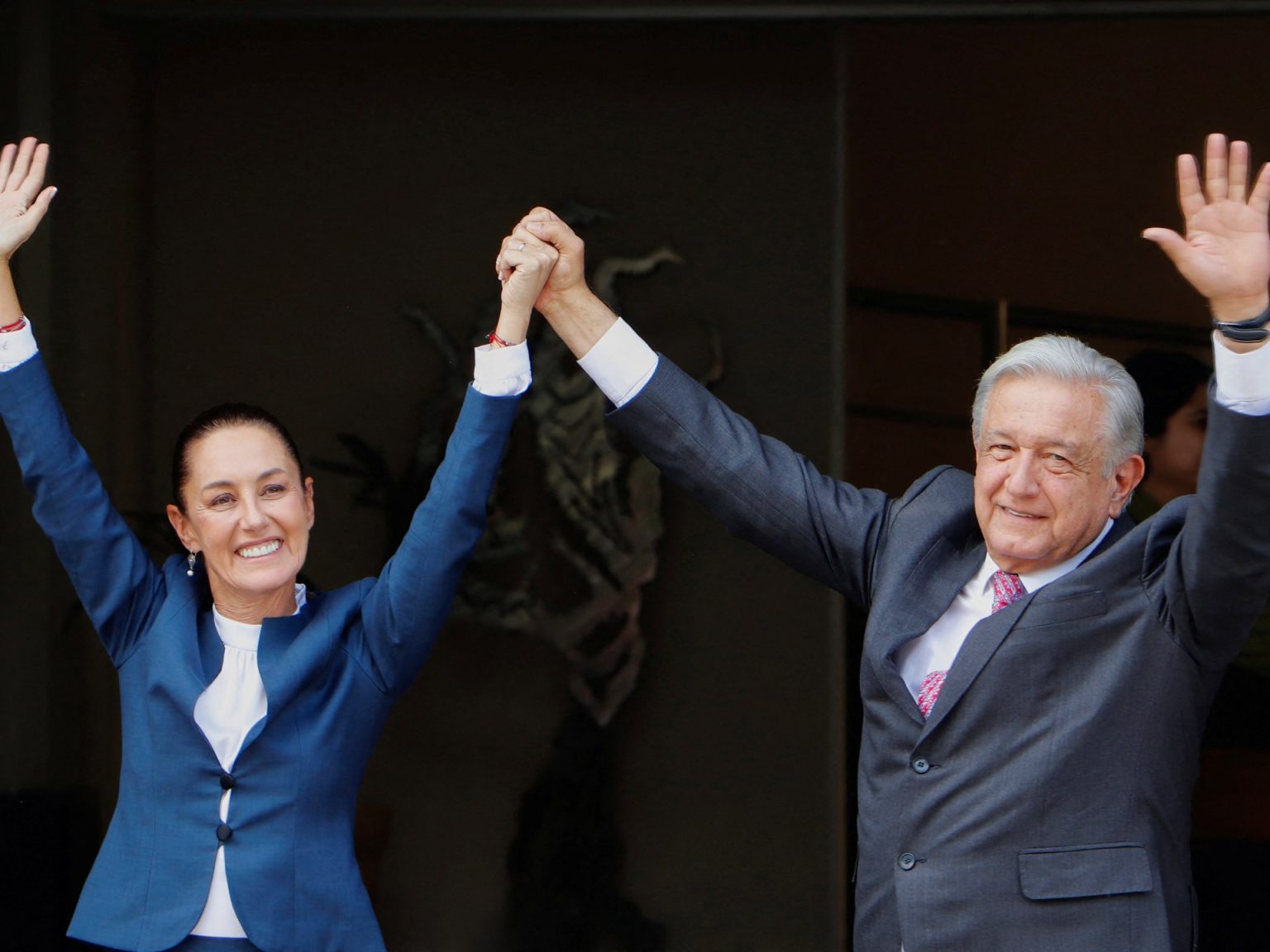President-elect Claudia Sheinbaum of Mexico has promised to move forward with constitutional and judicial reforms, despite concerns that have caused market volatility and a decrease in the value of the peso. Sheinbaum, the country’s first female president, has vowed to consult widely with stakeholders in the judiciary before implementing the reforms. She plans to replace appointed Supreme Court judges with popularly elected officials and make changes to lower courts and regulatory agencies. Critics have warned that these reforms could significantly alter the balance of power in Mexico.
Sheinbaum’s coalition has secured a two-thirds supermajority in the lower house of Congress needed to pass the reforms. While falling just short in the Senate, negotiations may result in additional votes to support the reforms. Although Sheinbaum is set to take office on October 1, the Congress is expected to convene in early September, giving current President Andres Manuel Lopez Obrador a window of opportunity to push through the reforms before handing over power. Despite Lopez Obrador’s high approval rating of over 60 percent, Mexico’s presidential term limits prevent him from seeking re-election.
During a news conference, Sheinbaum emphasized the importance of consulting with stakeholders in the judicial system, such as the bar association, law professors, ministers, and magistrates. Sheinbaum does not anticipate that the judicial overhaul will negatively impact financial markets, despite the peso’s recent decrease by nearly 2 percent to 18.55 per US dollar. Since the June 2 elections, which Sheinbaum and her party won by a landslide, the peso has fallen by about 8 percent, and the main stock index has dropped nearly 4 percent.
The planned reforms are part of a series of constitutional changes proposed by Lopez Obrador in February that also include eliminating key regulatory agencies. Sheinbaum’s determination to proceed with the reforms despite market concerns demonstrates her commitment to addressing the challenges facing Mexico’s judicial system. By involving various stakeholders in the decision-making process, Sheinbaum aims to ensure a more inclusive approach to reform that takes into account the diverse perspectives within the judiciary.
As Mexico prepares for a transition of power, the focus remains on the potential impact of the upcoming judicial reforms on the country’s political and economic landscape. With Sheinbaum set to assume the presidency and navigate the implementation of the reforms, the future direction of Mexico’s legal system will be closely watched by domestic and international observers. The success of the reforms will likely depend on the level of support garnered from legislators, stakeholders, and the public, as well as the ability of the new administration to address any challenges that may arise during the reform process.


